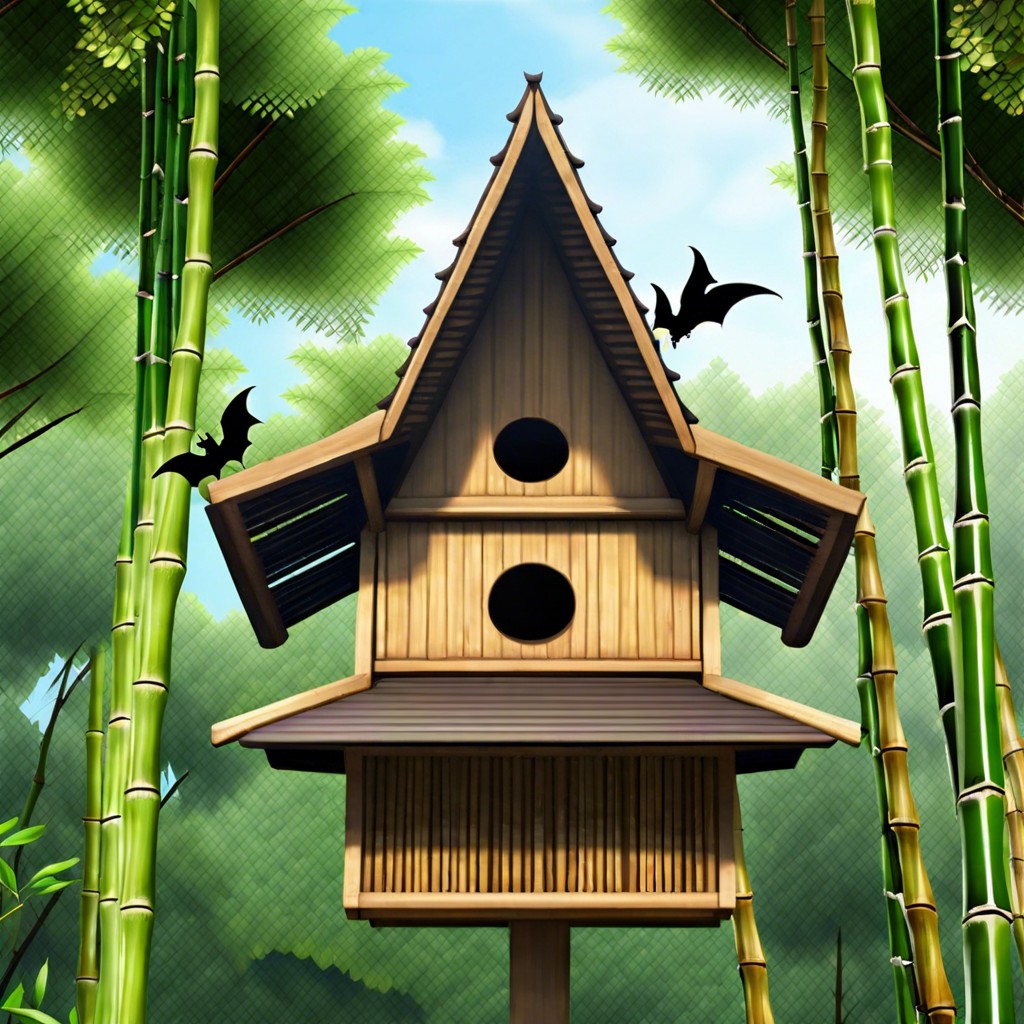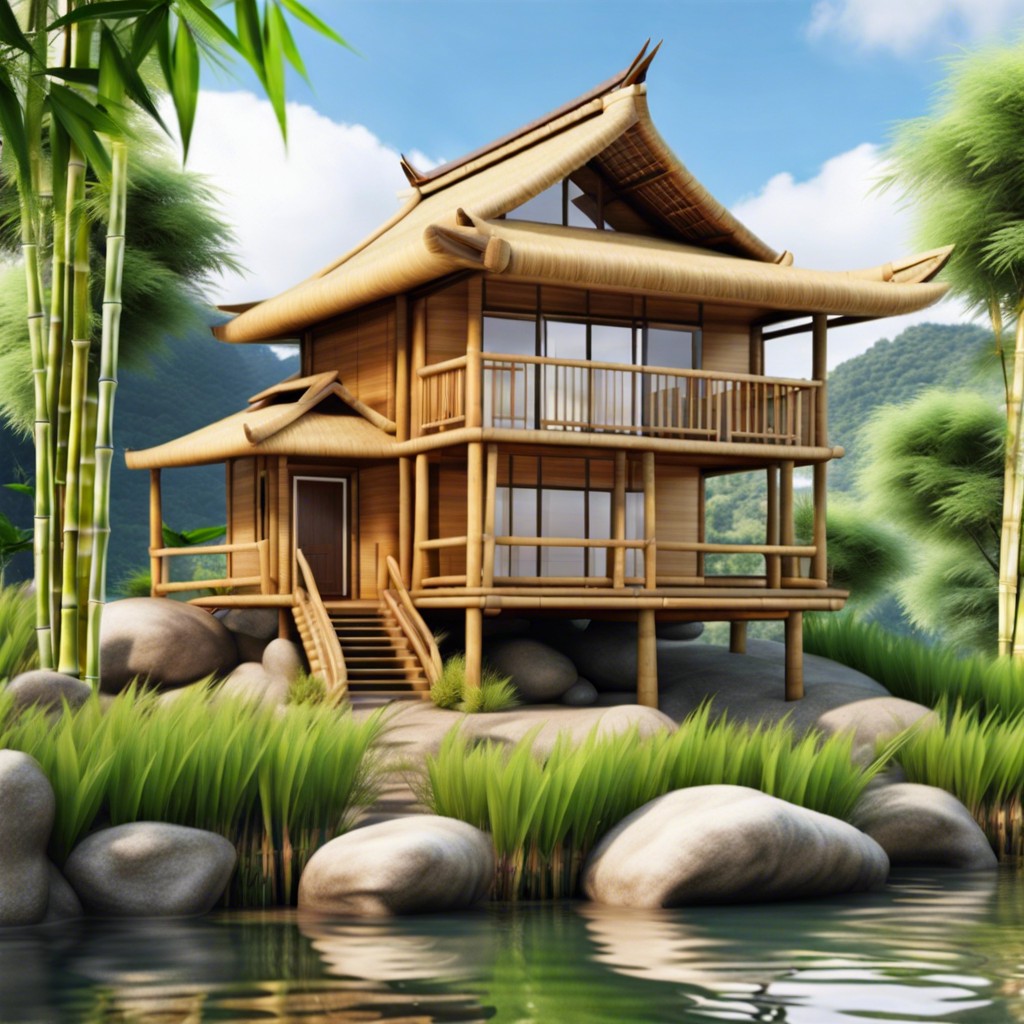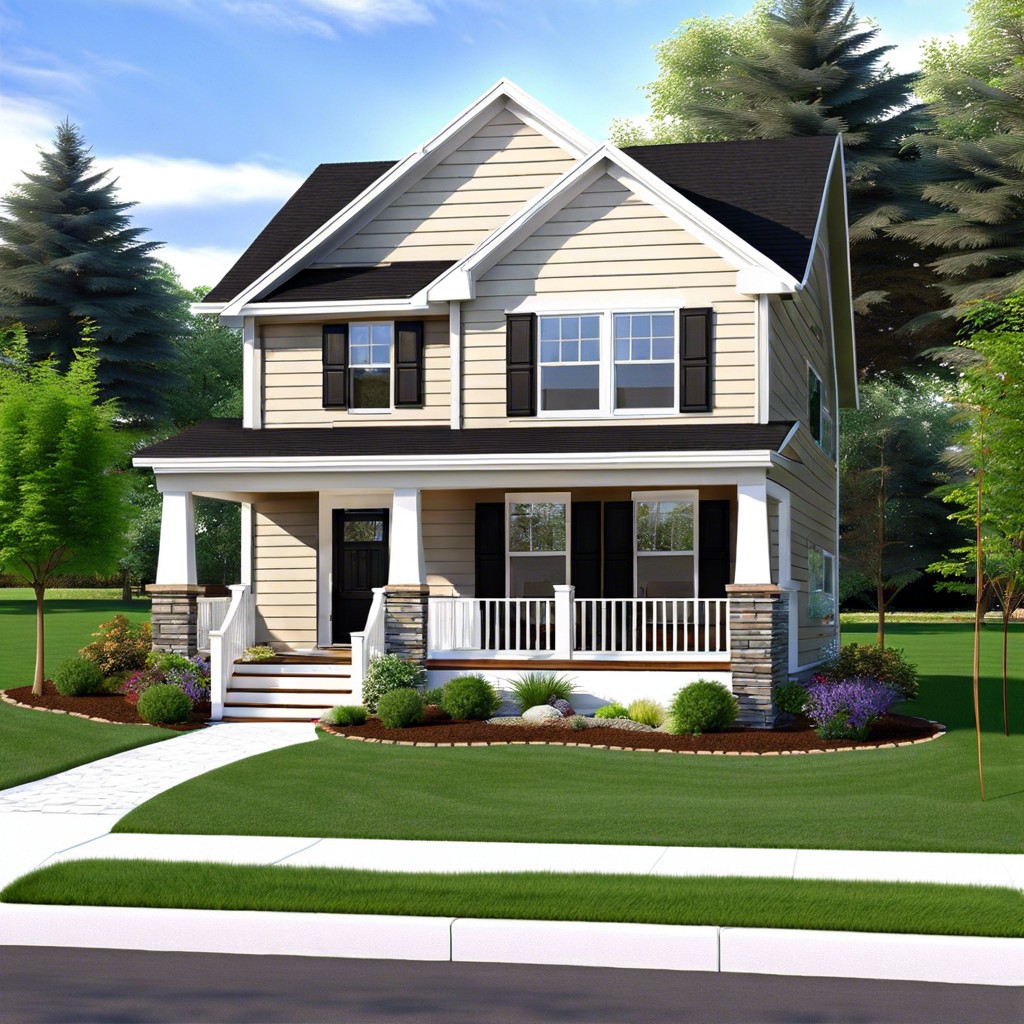Last updated on
If you want to have an elegant landscape but don’t have the extravagant budget for it then here are the ideal lawn alternatives for you. Read on!
Having a lawn is just the tip of the iceberg as it requires heavy-duty maintenance. You need fertilizer, abundant supply of water and you might even hire a maintenance guy for it. However, there are also lawn alternatives that you can choose from and these are eco-friendly and more sustainable too.
These options are less costly as most of them are easy to maintain, in fact, some of them don’t even need fertilizer. Knowing these alternatives will definitely help you create your dream outdoor space and an eco-friendly backyard.
So here the ideal alternatives to the traditional grass in your backyard or garden.
Creeping Thyme Lawn
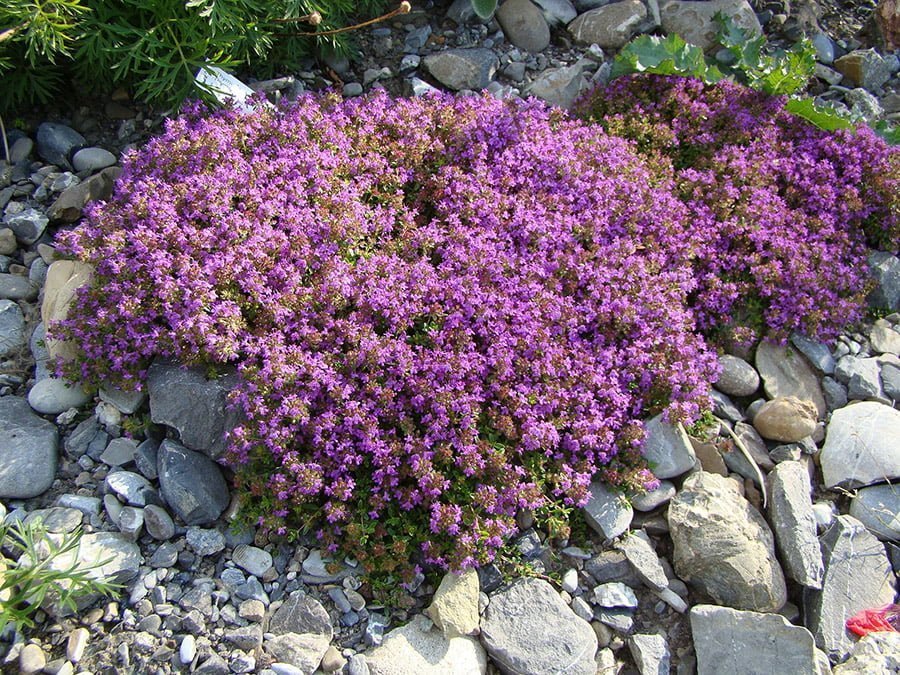
The creeping thyme is an ideal choice for grass replacement as they are drought-resistant and needs much less water than traditional grasses. It is also resilient as it can be walked upon and spreads fast to fill in space.
Microclover Lawn
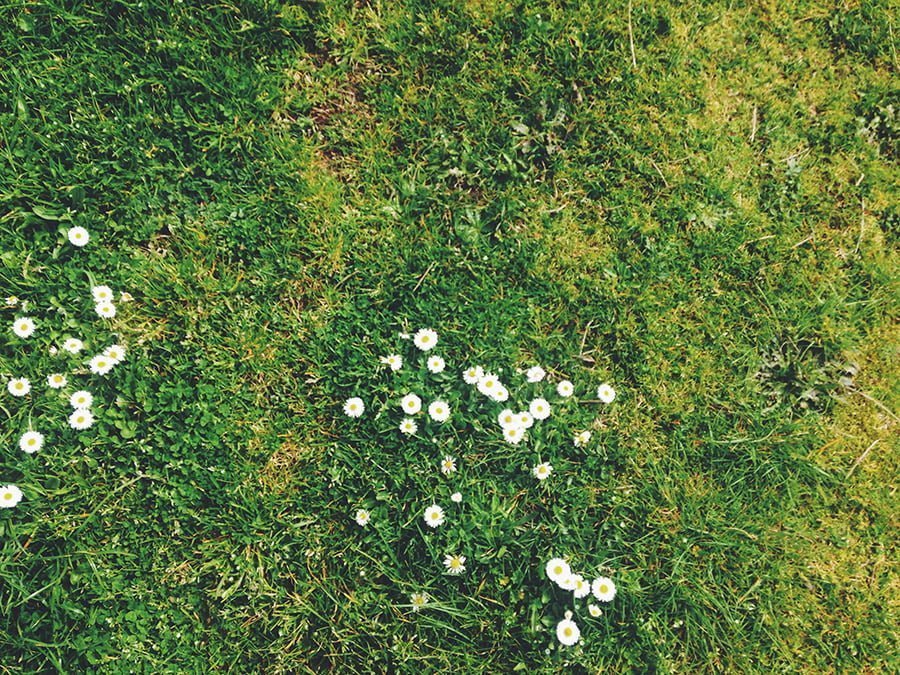
Micro clover needs low maintenance but can make your lawn look sophisticated because they’re originally used for golf courses. It doesn’t need much fertilizer and mowing compared to other grasses. Flowers are also lesser so insect stings are less likely to happen.
No-mow Grass
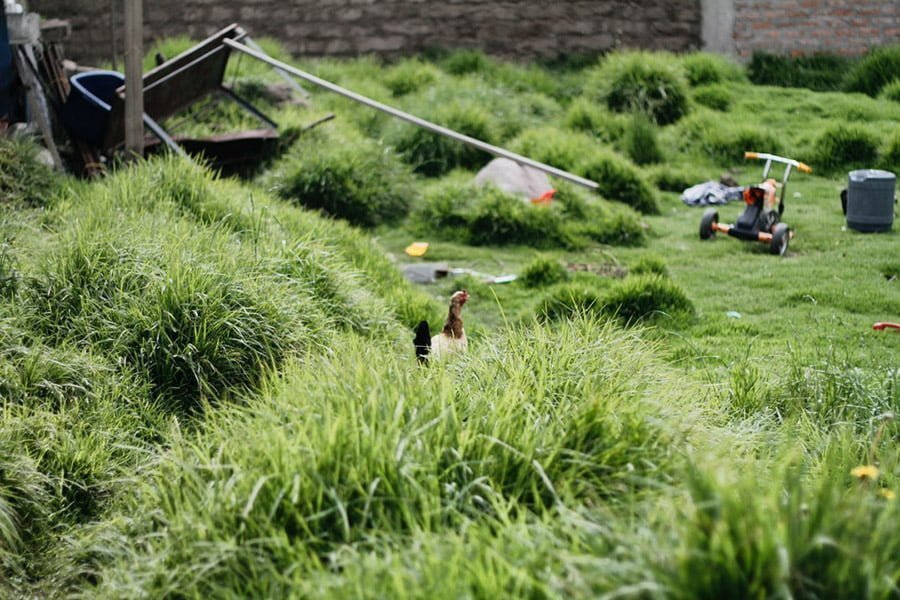
No mow grass was created as an alternative to the common high maintenance grass. It doesn’t need fertilizer or chemicals and can withstand foot traffic and prevents weed growth and because of its deep roots, it reaches deepwater reserves making it drought resistant.
White Clover Lawn
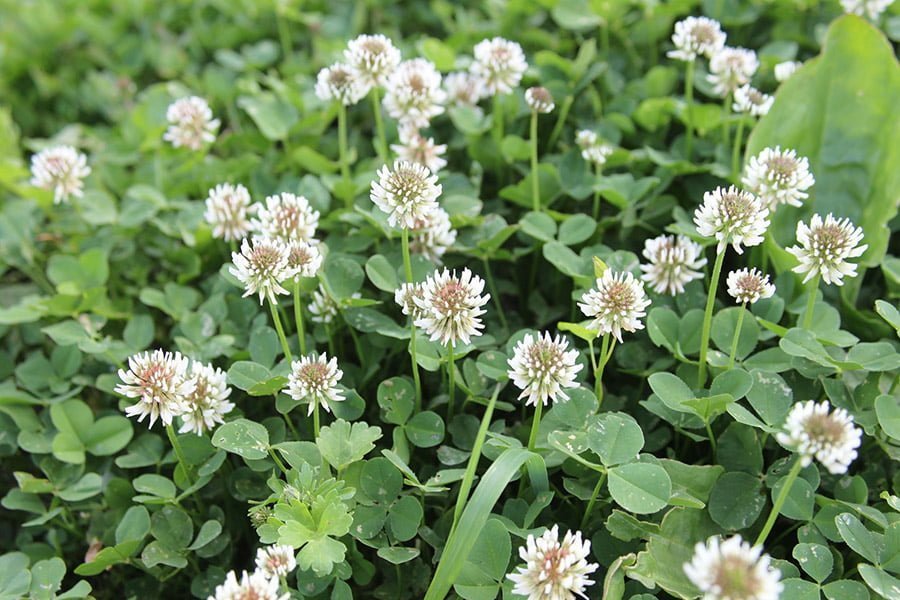
White clovers are beautiful for lawns but there are some things one needs to consider before planting them. It attracts bees increasing stings and it is weak against repeat heavy foot traffic. That’s why it’s always best to mix a white clover with resilient grass.
Drought-resistant Grass
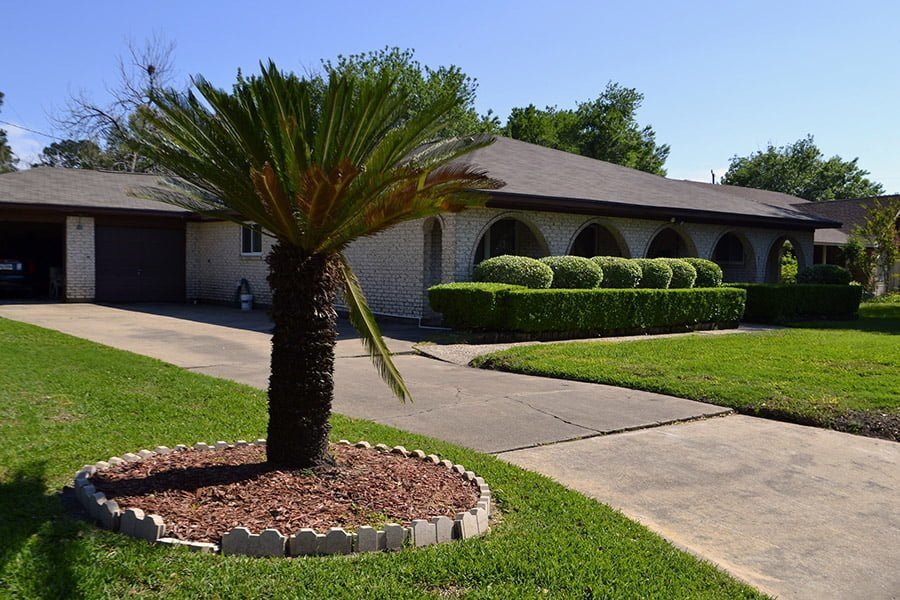
There are many varieties of drought-resistant grass but they fall under 2 types, drought-tolerant grasses for the cool-season and for the dry season. They’re best for areas with a low source of water and full sun. Some of them live on rain alone and some just need supplemental water.
Fleur de Lawn
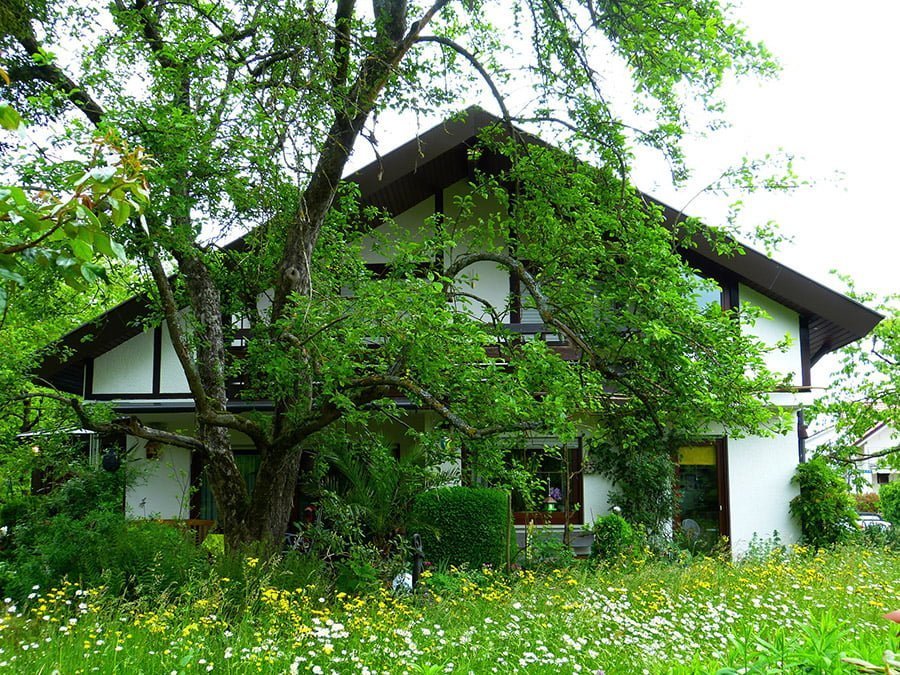
Fleur de Lawn is a time and water-saving alternative as it is a combination of flowers, clovers and grasses all in one. It is beautiful and planting it on bare soil will yield the best results. It needs little maintenance as the clover self feeds the grass.
Ground Cover Plants You Can Walk On
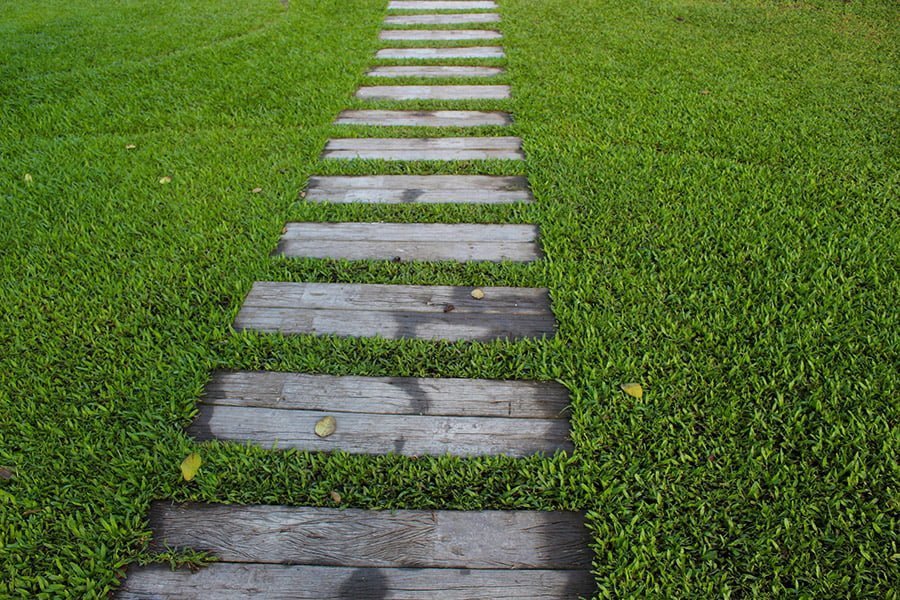
Your garden will look better if groundcover is used. They’re relatively easy to grow and flexible – a great choice aside from common grass lawns. They spread on a wider area once they grow and they come with different varieties to choose from:
- Thyme
- Sedum
- Blue Star Creeper
- Scotch Moss
- Creeping Jenny
- Ajuga
- Snow in Summer
- Creeping Phlox
- Baby Tears
- Portulaca
- Dwarf Mondograss
- Soapwort
- Corsican Mint
- Mazus
- Hens and Chicks
- Ornamental grasses
Moss Ground Cover
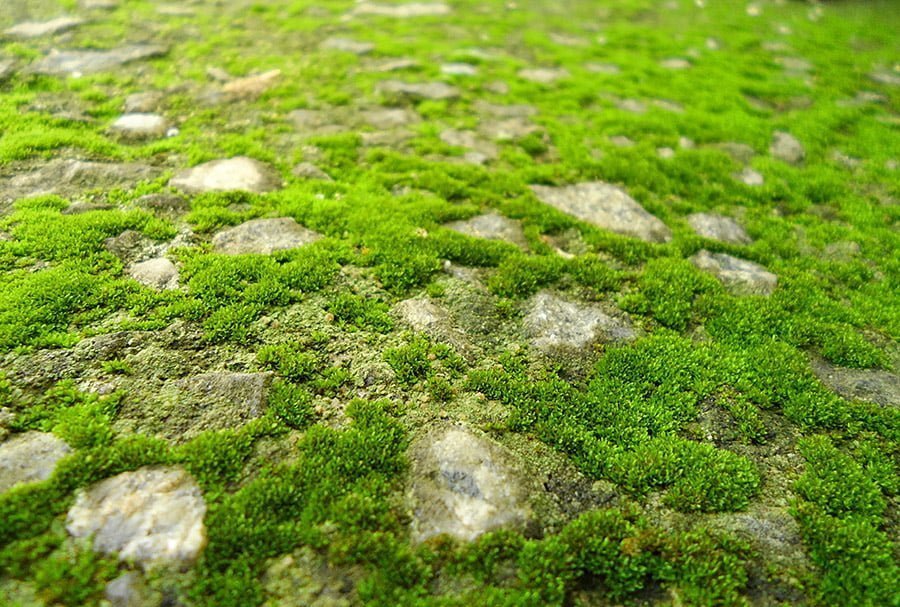
If you want an Eco-friendly, low maintenance ground cover, then moss is the best option for your backyard. Some of the great benefits of moss are it requires no digging, doesn’t need fertilizer, and lives on even if there’s no moisture.
Alternatives to Grass
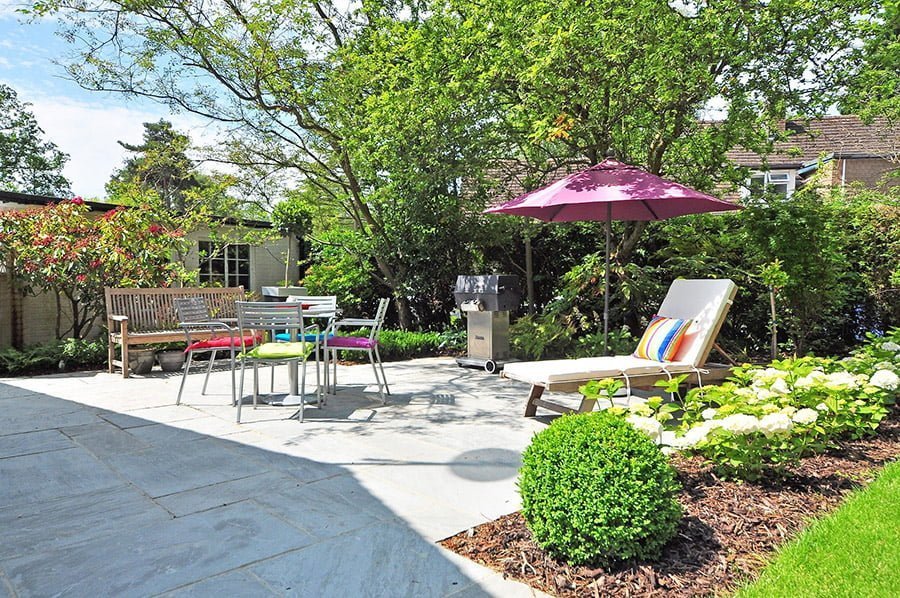
There are a lot of options for grass alternatives to choose from aside from grass when it comes to your lawn. Some of them are ornamental grasses, groundcovers, clovers, or creeping thymes. These are also affordable, unlike common lawns that cost a lot to maintain. And it doesn’t have to be plant-based at all as you can opt for tile, pavement, mulch, ground asphalt, and more.
Mulch Ground
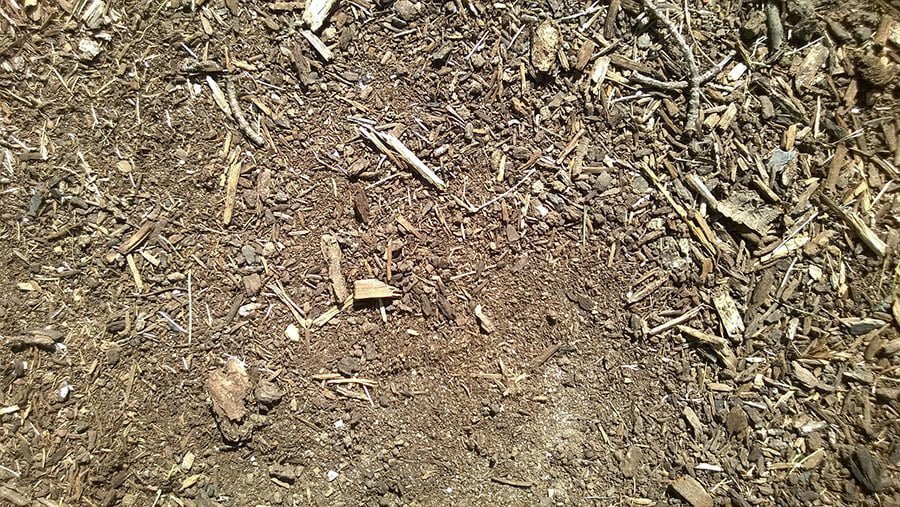
Mulch is any kind of material that’s laid over the ground. It has plenty of benefits like maintaining moisture, hinders weeds from growing, and keeping the soil cool. The organic mulch improves the soil’s fertility and inorganic mulch doesn’t need to be replaced as often as its counterpart.
Table of Contents


